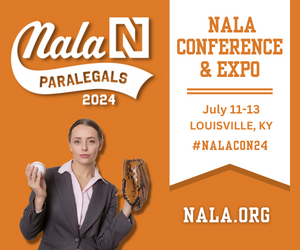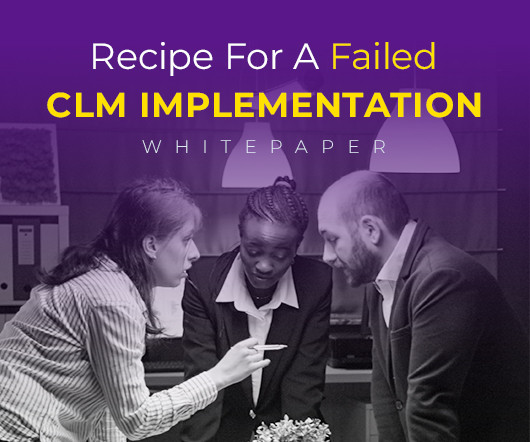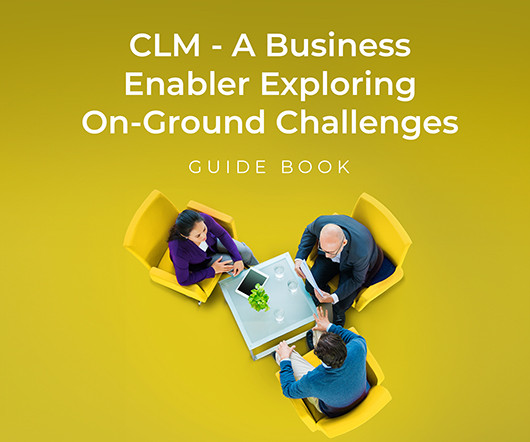Is Super Bowl Protected by Trademark or Copyright Law? Try Both.
Broadcast Law Blog
JANUARY 19, 2012
One of the questions we commonly get from broadcasters and others around this time of year is whether and/or how they can use the term SUPER BOWL. Some refer to it as a trademark while others call it a copyright. Who is right.and how can it be used? The term SUPER BOWL is a registered trademark owned by the National Football League. We previously discussed this issue in 2009 , 2010 and 2011.


































Let's personalize your content